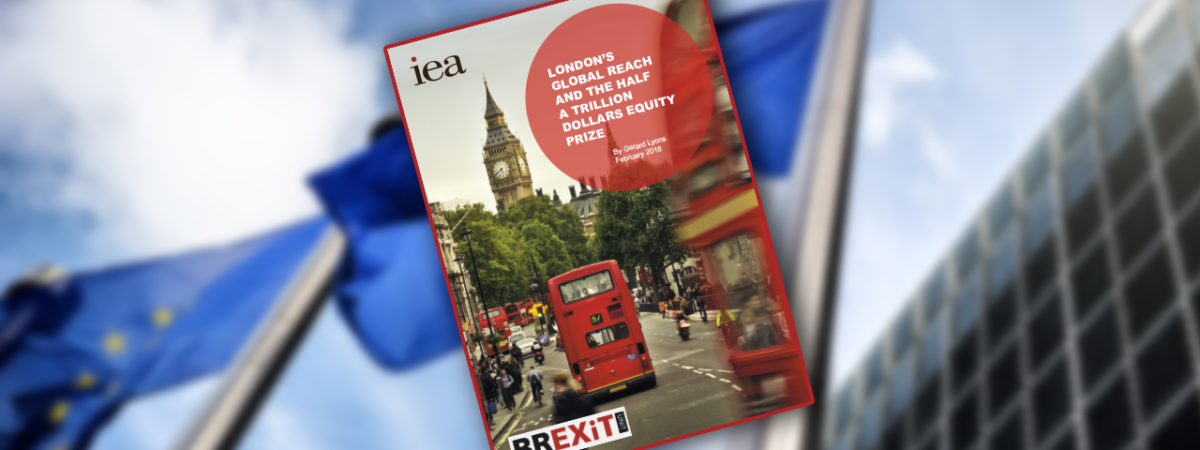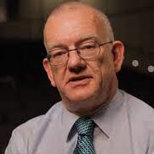Digital Resellers: The Case for Secondary Ticket Markets
SUGGESTED

SMPC votes unanimously to raise bank rate this month

City must avoid complacency & embrace flexibility to prosper post-Brexit

Heavy handed regulation of ticket resales would be of scant benefit
- The reselling of tickets for events has a long history, dating back at least to Roman times.
- Such secondary markets in tickets are no different from other kinds of secondary market, and serve the same purpose: to correct flaws in the initial primary market.
- In recent years, new technology has led to the appearance of many new players in this market. Most of these are facilitating platforms rather than being directly involved as buyers or sellers of tickets.
- This market is fragmented with no firm having more than a very small part of the total secondary ticket market. That market itself is still small compared to the general market for tickets but is growing rapidly.
- This has led to many calls for limitations on ticket resale and, in particular, for what are effectively price caps.
- These arguments are wrongheaded and would disrupt an effective market. The more fundamental or underlying objections to secondary ticket markets are simply rejections of the principles of trade and a refusal to accept the reality of scarcity.
- It is the primary market for tickets that is dysfunctional. The secondary market is correcting its defects, so that tickets get into the hands of those who value them most. We are probably moving towards a new kind of market in tickets.
Author Dr Stephen Davies wrote for ConservativeHome on this report
Fullscreen Mode




